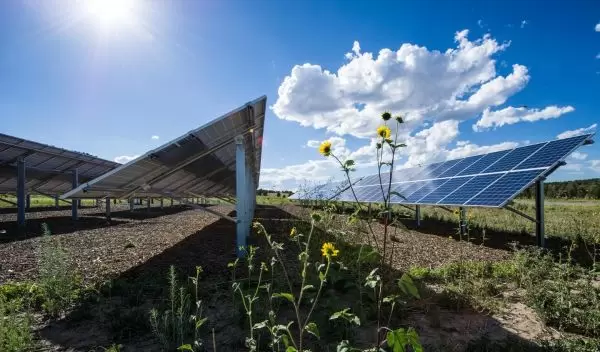
Grid reliability under climate change may require more power generation capacity
NSF-funded researchers are using a new modeling approach for infrastructure planning of a long-term electricity grid that considers future climate and water resource conditions. Those conditions include reduced hydropower production as well as reduced availability of cooling water due to reduced streamflow and increased streamflow temperature.
Results of this new approach show the national power grid may need an additional 5.3% to 12% of power-generating capacity to meet demand and reliability requirements. The changes would lower water use and carbon emissions, potentially helping mitigate future climate changes.
The new study is published in the journal Environmental Science & Technology.
"This is the first time anyone has modeled future electricity infrastructure under climate change using a method that includes feasibility checks to ensure results meet reliable power supply thresholds under climate and water resource constraints," said the study's lead author, Ariel Miara of the Advanced Science Research Center at The Graduate Center, CUNY, and an energy, water, and environment researcher with the U.S. Department of Energy's National Renewable Energy Laboratory.
"We combined high-resolution hydrologic, thermal-power plant, and capacity-expansion models to improve confidence in long-term electricity infrastructure planning under future climate-water impacts," said Miara. "Our approach allowed us to assess region-specific climate-water impacts on power supply reliability and identify potential adaptation steps to enhance reliability."
Regional differences in power grid configuration and development out to the year 2050, along with changes in climate and water availability, suggest that some regions may face power-reliability challenges.
The research is funded by NSF's Division of Earth Sciences, through the Innovations at the Nexus of Food, Energy and Water Systems, or INFEWS, program.
